Lovers in a Dangerous Spacetime - Review
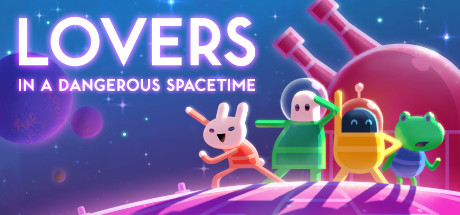
It is rare to see a game that allows its players to play together on the same system. The days of couch co-op are long past. It is even rarer to see a game that practically demands it. Lovers in a Dangerous Spacetime, which sounds like something equal parts 1950’s science fiction and pulp romance novel, begs you to play with someone else. Together. Playing alone, this game is good, albeit a little frustrating at times, as you and your space pet, a relentlessly happy fur ball of a cat or dog, battle your way through a bleak but colorful space full of enemies and environmental hazards. They stand between you and saving your tiny friends and fighting back the anti-love that is threatening the universe.
Going Back To Call of Duty
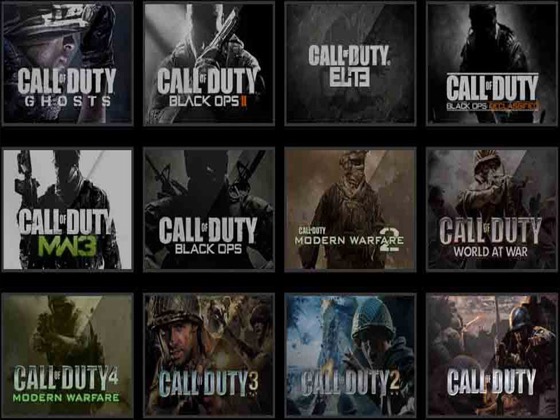
It has been interesting to see where Call of Duty has ended up. I came to the franchise back in 2005 with Call of Duty 2: The Big Red One and got hooked when I first picked up the original Modern Warfare. Call of Duty 4 changed the face of the modern shooter, and when it was announced that it was being re-released with this years integration of the franchise, it felt like it was time to go back and see where modern Call of Duty games began, and where they began to go off the rails. I have not been drawn into the last few titles and a part of me missed the simplicity of the older titles. While they kept the fast-paced, frenetic action, they shortened the feedback loop and added in so many different systems that started to overwhelm me. There was always something going on: a different medal, award, or unlock. It got to the point where there was always something flashing across my screen, and it started to lose its attraction.
Microtransactions
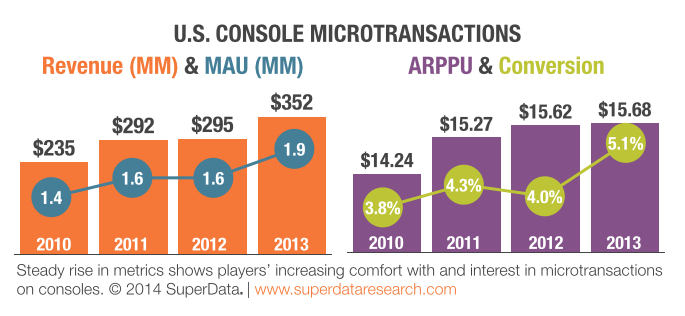
For years, we have heard that the future of gaming is not with big AAA console releases. Since the widespread adoption of the smartphone as the de facto standard, the message has been that the mobile platform is the future. Small, cheap/free games that subsidize themselves through ads and in-app purchases. I scoffed at this idea initially, like many of you reading. How could Clash of Clans replace Call of Duty? But in this new console generation, you can watch as games trend towards these ideas. This does not match the vision of a future in which consoles no longer exists, and you life revolves around your phone, but it also doesn’t match what we imagined when we were kids playing Nintendo games. It has raised interesting questions about what makes a game, what a game includes, and what place micro transactions have in our hobby.
Deus Ex: Mankind Divided - Review
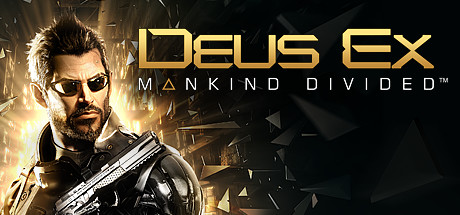
Deus Ex does its best to raise interesting questions about morality, humanity, and authority in its newest installment. Back in the shoes of Adam Jensen, you work as an agent of a secret government task force that tackles terrorism. Since the end of Human Revolution and The Aug Incident, augmented people have experienced systematic oppression and injustice, and a group has sprung out of the anger that it has caused. The Augmented Rights Coalition (ARC) is suspected of bombing a train station and you must investigate, while at the same time attempting to find out what happened to you in the aftermath of the incident on Panchaea. Someone tinkered with your augs, unlocking powerful new abilities of you to play with, on top of the same compliment of powers from the previous game that you are already familiar with.
Who is the Next Enemy?
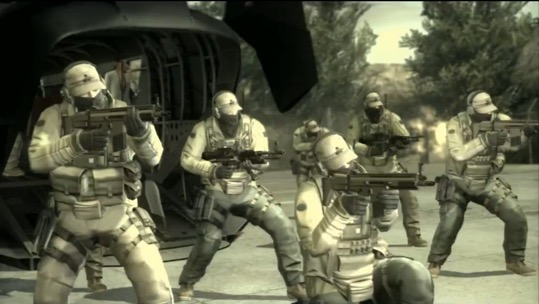
lt is no secret that video games have you kill a lot of people. If you have played them with any sense of regularity, chances are that by now you have gunned down tens of thousands of monsters, terrorists, and soldiers across the ages. Every few years, games go through distinct phases where enemies all seem to be the same type. We’ve had the World War 2 era, where Nazis were the cannon fodder of choice. Before that we had monsters and mutated freaks. Russian and Chinese soldiers were the flavor of the month for a while, and the zombie craze is still ongoing. Generic terrorists are always a good fallback, and it’s no surprise when a popular game relies on one of these clichés for their antagonists. But as our world becomes more complex and our threats become more fluid it has raised interesting questions for players and developers, and it asks us: Who is the next target?
The Backlog - Luftrausers
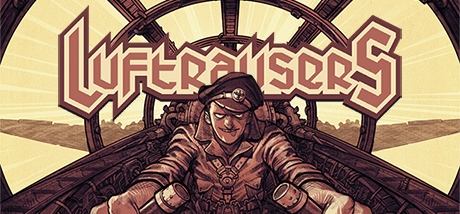
I have a confession to make. Like many of you reading this, I have a list of games that I’ve been meaning play for years. I have way too many games on Steam, and a stack of cases sitting next to my TV. Close to five hundred games now. Maybe more. It makes me feel guilty. I haven’t touched 90% of them in one way or another. I need to fix that. So this week, I dug deep into my backlog and pulled out a game. I want to play all of them; I’ve just never had the chance. Now’s the time.
I’m a big fan of many of the titles that Devolver Digital has published over the years. They all seem to have a certain sense of “style” to them. Luftrausers is, of course, no exception to this. What appears to be a relatively simple game at the surface hides a surprisingly complex system of upgrades that can fundamentally change the way you play. You take control of a tiny place faced with a big problem - jets, fighters, missiles, boats, subs, oh my. They all stand in the way of your ultimate goal, getting a lot of points as quickly as possible.